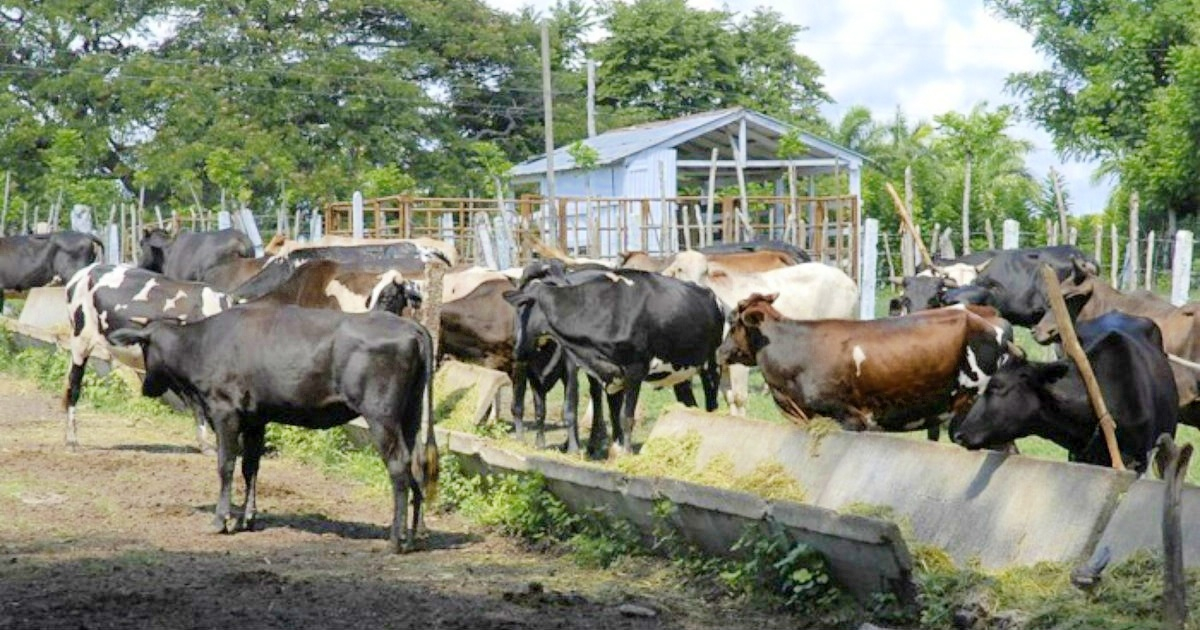A comprehensive national audit conducted from March 2024 to January 2025 uncovered a staggering 181,854 violations in the control of cattle herds in Cuba, as reported by Yudith Almeida Núñez, head of the Livestock Registry Department at the Ministry of Agriculture (MINAG). The inspection revealed that Cuba currently has 2,914,009 head of cattle, according to a report by Cubadebate. The majority of these belong to the cooperative and peasant sectors, while state-owned enterprises maintain "herds of high genetic value with pure breeds and crossbreeds developed in Cuba."
Key Problems Identified
The audit, which covered 191,802 owners (188,338 individuals and 3,464 legal entities), revealed numerous infractions, including:
- Owners whose whereabouts are unknown, deceased, abroad, or incarcerated.
- Undeclared births of cattle (43,143 cases).
- Illegal buying and selling of livestock.
- Unregistered or missing animals.
- Undocumented deaths and cases of theft and illegal slaughter.
The provinces with the most unresolved issues are Pinar del Río, Mayabeque, and Las Tunas, with a total of 1,128 cases yet to be processed.
Implications for Cuban Livestock
According to the official, the process highlighted both weaknesses and progress in livestock management, and also served as an opportunity to train producers in areas such as zootechnical management, contracting, and slaughter authorizations for self-consumption and commercialization.
The Cuban livestock sector is experiencing a prolonged crisis, characterized by a reduction in cattle numbers due to failures in breeding technologies, shortages of veterinary supplies and feed, declining productivity, thefts, and illegal slaughters. This audit has underscored the severe structural problems within the sector and the lack of state control over a crucial activity for the country's meat and dairy supply.
The scarcity of feed and forage, deficit in veterinary supplies, deteriorating production infrastructure, and absence of economic incentives for producers have severely impacted cattle breeding and reproduction. Additionally, the increase in thefts and illegal slaughters has further diminished the cattle population.
Despite the regime's attempts to maintain control over the sector, bureaucratic restrictions and lack of resources have hindered significant recovery. Production continues to decline, and the importation of powdered milk remains the primary alternative in response to the collapse of national production.
Meanwhile, farmers face high maintenance costs, legal hurdles, and a widespread economic crisis, deepening the uncertainty about the future of livestock farming in Cuba.
Challenges Facing Cuban Livestock Industry
What were the main irregularities found in the Cuban livestock audit?
The audit uncovered undeclared cattle births, illegal livestock transactions, missing or unregistered animals, and undocumented deaths or illegal slaughters, among other issues.
How does this audit impact the livestock sector in Cuba?
The audit highlighted significant structural problems and lack of state oversight, impacting the supply of meat and milk in the country and revealing the challenges producers face due to economic and regulatory constraints.
Why is the Cuban livestock industry in crisis?
The industry is facing a decline due to inadequate breeding technologies, shortages of veterinary supplies and feed, deteriorating infrastructure, and increased theft and illegal slaughter, compounded by economic and bureaucratic challenges.
